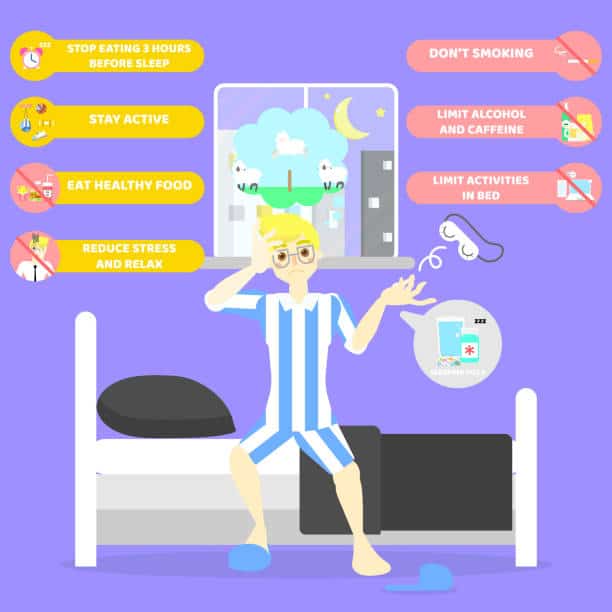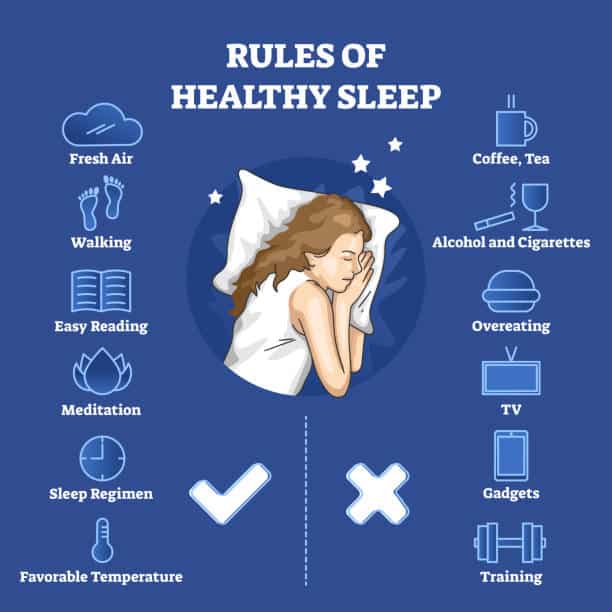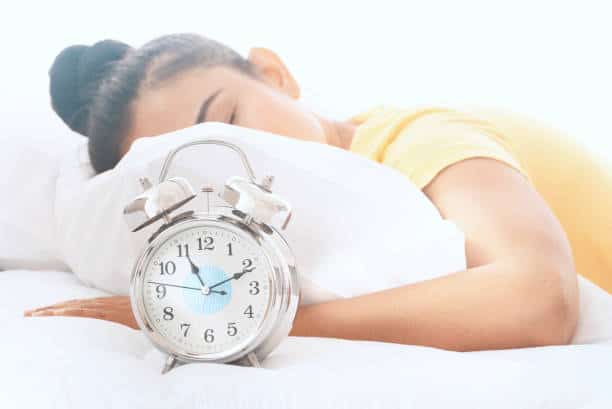Introduction
Nowadays, absolutely no one can deny that it is a significant problem of the modern world – the ability to wake up and go to bed at any time, without any consistency. Whatever it is, from Netflix nights, working late into the night, or mindlessly scrolling on our phone, contemporary routines disrupt our circadian cycles. Here are some signs that tell that it is high time to check your sleep schedule. Fortunately, this does not mean you are doomed to poor sleep for the rest of your life because with a few changes and even some doggedness, you can reverse it.
In this guide, you will learn about healthy sleep schedule habits, causes of bad sleep schedules, and strategies to try in order to get your body back on track.
The Importance of a Consistent Sleep Schedule

Rest is an integral component to almost all aspects of health, both the physical and the psychological. A consistent sleep schedule is essential because:
- Improved Cognitive Function: Stating gets focus, memory, and decision-making hence should be regular.
- Better Mood Regulation: Getting quality sleep helps you to control your emotions hence no mood swings.
- Enhanced Physical Health: One of the reasons your body responds well, inflammation is reduced, and your body is allowed to rest and heal is because having a normal sleep-wake cycle helps the immune system function well.
- Weight Control: Getting enough sleep is associated with appropriate weight as obesity hormones both hunger and satiety, ghrelin and leptin respectively are regulated by the same.
- Reduced Risk of Chronic Illnesses: Sleep dysfunction is linked with diseases like heart disease, high blood pressure and diabetes.

What Causes a Disrupted Sleep Schedule?
However, first of all, it is useful to understand why the sleep schedule got disrupted in the first place. Some common causes include:

- Technology Overload: These blue wavelengths interfere with the synthesis of melatonin, a hormone we need in order to sleep at night.
- Inconsistent Bedtimes: This is bad because it disrupts the body’s circadian rhythm.
- Overconsumption of Caffeine or Alcohol: Both can cause disturbances of your sleep and the quality of the sleep that you get at that time. Caffeine is a stimulant, although alcohol has the ability to interrupt the stages of the sleep.
- Stress and Anxiety: Anxiety means having many thoughts that cause stress and it results in either taking a long time to fall asleep or wake up at night.
- Shift Work or Jet Lag: These interfere with your normal biological clock and as a result making it difficult to have a fixed timing of sleeing.
Step-by-Step Guide to Fixing Your Sleep Schedule

1. Set a Consistent Wake-Up Time
The first procedure towards sleep schedule mechanism is finding a particular awakening time and maintaining this for several days Regardless of the wake time set, it should be adhered to daily including during the weekend. Stability serves several functions among which there is the entrainment of the physiological clock, or the circadian rhythm.
- Tip: Do not oversleep on a weekend, hoping to make up for lost sleep during the week. This hinders any progress that has been made in those areas of your life.
2. Gradually Adjust Bedtime
In case the current bedtime is irregular, prescribe slowly, for example, to go to bed earlier by a quarter of an hour. For example, if you want to go to bed at 10:But currently sleep at 12 AM, try to sleep 15-30 minutes earlier each night for a couple of days in order to achieve the target of 00 PM.
- Tip: Do not switch to an earlier to bed too suddenly, this will stress people as they cannot go to sleep straight away.
3. Create a Relaxing Bedtime Routine

Having a practice of relaxation just before going to bed keeps the sign that the body is to shut down for sleeping. This can include:
- Reading a book
- Taking a warm bath or shower
- It is necessary to perform deep breathing or meditation exercise
- Listening to instrumental tunes or a sleep recording
- Tip: Do not engage in activities that would make you more awake before sleep like watching Television, playing video games or working on a computer.
4. Limit Screen Time Before Bed

Blue light emitted from phones, computers and T.V affects the release of melatonin hence making it hard for people to sleep. Make sure the screen is not with you at least one hour before you sleep.
- Tip: If you cannot avoid using your devices, then try putting a blue light filter on your electronic devices. There are tools such as night shift or dark mode that help in minimizing the extent of blue light emitted.
5. Optimize Your Sleep Environment

Getting a comfortable setting for your bedroom can help to make a big change to your sleeping pattern. Ensure your bedroom is:
- Cool: The best temperature for this process is moderately low, ranging from 900-155°F or 30-166°C.
- Dark: Utilize a sleep mask or avoid using any source of light and try using blackout curtains.
- Quiet: One should cover their ears or if possible use a white noise machine to block the noises.
- Tip: Buy a good quality mattress and proper pillows so that your body gets the proper support during a night’s rest.
6. Watch What You Eat and Drink

This is true because whatever you eat, will determine how well you are going to sleep at night. Do not take large portions of your meals before going to bed, caffeinated products, and alcohol.
- Tip: If you’re still peckish before going to bed, then the best food to eat is things that will make you sleepy such as a banana or almonds.
7. Use Natural Light to Reset Your Circadian Rhythm

Fresh air in the morning when the sun is shining is beneficial because it is directly related to your body’s circadian rhythm. Before you do any work in the morning, attempt to get as much light as possible by leaving your house, or at least your bedroom, or at least open the curtains.
- Tip: If it is a problem for you to get sunlight, then you can use special equipment for exposure to light – a light therapy box.
8. Avoid Naps, Especially Late in the Day
While taking a nap could sometimes be relaxing, long naps or napping in the evening can be disruptive to sleeping at night. They called, if a person’s body really requires a nap, then he should sleep no longer than half an hour and should do it before the time is 3 PM.
- Tip: Tip: In the afternoon if you feel sleepy then you shouldn’t take a nap because this will only affect your sleep schedule rather take a small walk or even a glass of water will help.
9. Exercise Regularly, but Not Too Close to Bedtime

While taking a nap could sometimes be relaxing, long naps or napping in the evening can be disruptive to sleeping at night. They called, if a person’s body really requires a nap, then he should sleep no longer than half an hour and should do it before the time is 3 PM.
- Tip: In the afternoon if you feel sleepy then you shouldn’t take a nap because this will only affect your sleep schedule rather take a small walk or even a glass of water will help.
10. Manage Stress and Anxiety
Exercise brings about improved sleep quality, while vigorous exercises before going to bed can be counterproductive.
- Tip: Exercise should ideally be done 3 hours before the time you plan on going to sleep and it is advisable to do more of stretching and yoga in the evening.
When to Seek Professional Help

This is true especially if you have attempted to use some of the above recommendations and still experience poor sleep; which may be caused by some sleep disorder like insomnia, sleep apnea, or restless leg syndrome. Seek a healthcare provider for him or her to do an assessment on him or her.
Conclusion: The Power of Persistence
That means that getting your sleep schedule right is not at all an easy thing and it takes time to change. Getting up at the same time every day, following a calming schedule, and making some changes in daily routine help to reset the circadian rhythm. Just imagine how the proper tired-well-rested ratio that comes with having a proper sleep timetable can affect your humors, your thinking abilities, your health in general.




